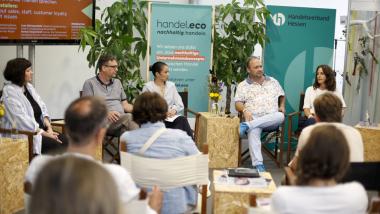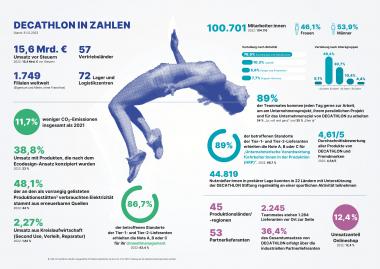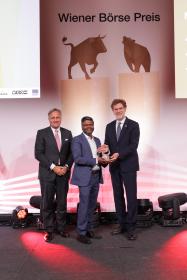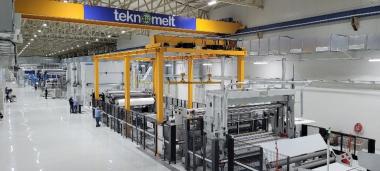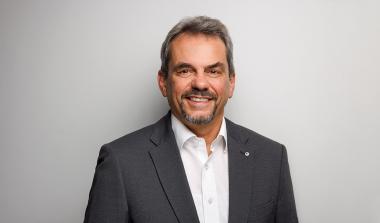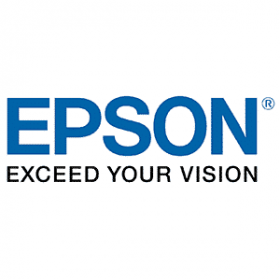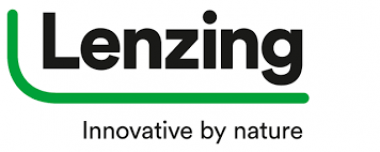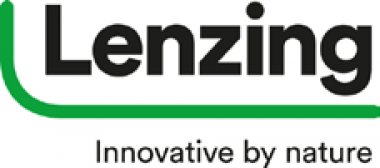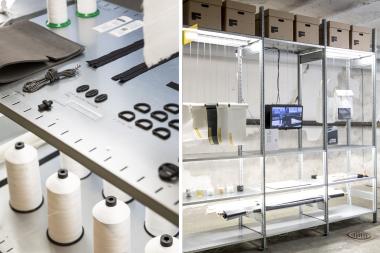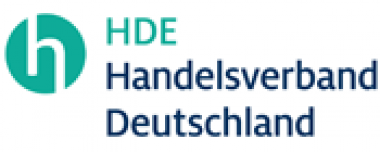Rückblick der 54. INNATEX
Von Zirkularität über politische Regularien und Personal bis hin zu Inflation: Die nachhaltige Modebranche beschäftigen aktuell außergewöhnlich viele Themen. Das wurde deutlich auf der INNATEX, die vom 20. bis 22. Juli 2024 in Hofheim-Wallau bei Frankfurt am Main stattfand. Über 200 Labels präsentierten auf der internationalen Fachmesse für nachhaltige Mode ihre Kollektionen und tauschten sich aus.
Lena Böringschulte, Head of Sustainability bei Peek & Cloppenburg Düsseldorf, hebt hervor, dass Nachhaltigkeit eine kollektive Verantwortung darstellt, die durch Kooperation und Einbindung der Kund:innen dazu beitragen kann, die Modebranche nachhaltiger zu gestalten. „Beim Thema Nachhaltigkeit geht es nicht darum, wer die größten Fortschritte und Erfolge als Erster erzielt, sondern darum, die gesamte Branche nachhaltiger zu gestalten. Durch den Austausch von Erfahrungen und das Lernen voneinander können wir zusammen voranschreiten. Indem wir unsere Kund:innen aktiv in den Nachhaltigkeitsprozess einbinden, schaffen wir eine Modewelt, die Verantwortung und Stil vereint.“
Böringschulte saß auf dem Handelsverband-Fachpanel zusammen mit Jochen Ruths (Inhaber Bekleidungshaus Peter Ruths, Präsident Handelsverband Hessen, Vizepräsident Handelsverband Deutschland) Roman Degenhardt (Inhaber Der Schuhladen, Geschäftsführer Zehenspiel Barfußschuhe, Mitgründer der Initiative #schuhandelhatzukunft), Eva Bovet (Inhaberin Betten Raab) sowie Cheryll Mühlen (Chefredakteurin Textilmitteilungen, J'N'C und Green Knowledge) als Moderatorin. Neben dem oben genannten Aspekt der Zusammenarbeit diskutierten die Talk-Gäste Themen wie Personalschulung, Beratung und Information sowie die Relevanz von Veränderungen.
Spätestens seit Corona wissen Green-Fashion-Macher:innen aus erster Hand, was eine Verknappung von Rohstoffen bedeutet. Katrin Rieber (tentation), Pia Egelkraut (avonté), Jonathan Radetz (Halt.Clothing) und andere Labels, die Materialien retten beziehungsweise upcyceln, waren sich einig, dass das Modenarrativ flexibler werden muss. Derartige Geschäftsmodelle können und sollen von Konzept wegen nicht voraussagen, wie eine Kollektion in einem Jahr genau aussehen wird. Stattdessen gelte es, diese Haltung zu hinterfragen und eine Neugier sowie Freude am Einzelstück oder limitierten Editionen zu entfachen.
Das Portfolio an Labels lässt einige Schwerpunkte für Frühjahr/Sommer 2025 erkennen. Dazu gehören leichte Textilien wie Leinen und Musselin aus Bio-Baumwolle. Viele Konzepte setzen auf Prints, Verläufe, konkrete Motive oder Digitaldruck. Alles in allem werden die Looks eleganter, ohne konservativ zu wirken. Klassische Schnitte, Hemden, Sets, Multifunktionalität und Kleider mit fließenden Silhouetten machen die hohe Qualität noch deutlicher.
Von 18. bis 19. August 2024 folgt für diese Saison noch der INNATEX Showroom in Bern mit rund 50 Labels. Die 55. INNATEX findet dann vom 18. bis 20. Januar 2025 statt.
INNATEX INNATEX – Internationale Fachmesse für nachhaltige Textilien Nachhaltigkeit
INNATEX / UBERMUT


